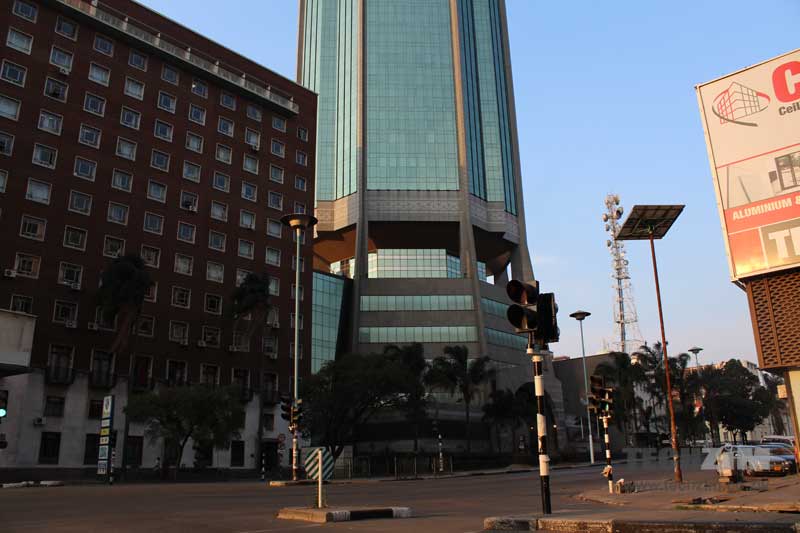Zimbabwe’s largest telecoms operator Econet Wireless has published its results for the half year ending August 2016 and in line with overall downturn in the telecoms industry the operator recorded a decline in revenue and profits.
In a statement issued by Dr J. Myers, Econet’s chairman, he highlighted how the depletion of Zimbabwe’s foreign currency reserves had made it difficult for local companies to handle payments to foreign suppliers and in Econet’s case to handle its debt payments on time.
The chairman’s remarks, though specific to Econet’ situation, outline the challenges that Zimbabwe’s entire telecoms sector faces.
A reliance on foreign vendors as well as external financing ultimately means that there are a number obligations that local providers won’t be able to meet.
From unpaid vendors to unhappy creditors
On one level there are payments for infrastructure and services from the variety of providers that support local telecoms operators.
There are foreign vendors like Mahindra Comviva and Ericsson which have provided some of Econet’s core services.
EcoCash, for example, was provided by Mahindra Comviva and the vendor has handled the provision of the mobile money service’s value added services (VAS) that include supporting payment services like card solutions.
Any further acquisition of services will be delayed or derailed by challenges in making foreign currency payments.
On another level, the payment of debt accrued by operators is also stalled by the Reserve Bank of Zimbabwe’s failure to honour operators’ foreign currency reserves.
Since Zimbabwe adopted a multi-currency system in 2009, the telecoms industry has experienced an accelerated growth through extensive investments in infrastructure and service introduction.
Zimbabwe’s telecoms industry has witnessed core investments in essentials like base station technology and the adoption next generation network tech (from 2G to 4G) which have resulted in increased mobile network access and internet penetration.
As with many other telecoms models around the world, a large part of this was facilitated by leveraged finance – money borrowed by operators with the understanding that a dollarised economy would ensure that service providers would be able to service these debts.
Our currency shortages put these arrangements at risk. While consumers will still be paying for services electronically and soon enough with bond notes, providers like Econet are unable to transfer any of this value to their creditors.
This puts a strain on existing debt arrangements and creates challenges for future capital raising exploits. If any local operator can’t pay back the debts it owes now, it’s hard to secure a new round of finance even with a strong business case.
Although Econet as the leading private telecoms player has displayed all these challenges and its statements represent the loudest cry the same issues will also affect smaller telecoms providers as well as state owned operators.
As far as working around all these challenges is concerned operators like Econet have highlighted that they are now working out suitable arrangements with their lenders.
At the same time, the Reserve Bank created a priority list for import payments. In theory this was meant to assist key service providers like telecoms companies that need to make payments that ensure the continuity of vital services which provide channels for communication and payments for the whole country.
The cries from operators like Econet and the payments backlog faced by local banks is enough proof that this strategy hasn’t been a success. The problem of currency shortages still haunts the entire financial system which is affecting everyone including telecoms operators.
As long as the Reserve Bank fails to assist these operators with their obligations, it won’t just be Econet travelling down a bumpy road, the entire telecoms industry is also exposed to these challenges.

2 comments
The ultimate problem to all these challenges is political. The current govt is unstable and puts the entire country at risk. As much as the indigenisation has created the likes of econet, sadly they are being consumed by the same beasts that created them. Its simply time for the current executive to resign and let the country move to another level thats not driven by ancient values of guerilla war.
i have never seen any financial reports for Telecel and Netone being discussed on this platform. are they not public companies????